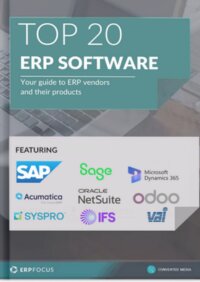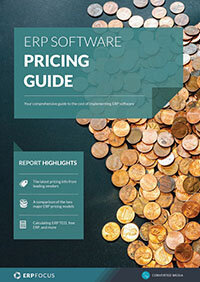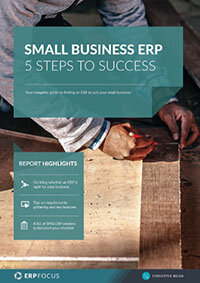Four ways of comparing potential ERP vendors
Shopping for an ERP system is a complex job. You are looking at the software itself and, at the same time, the vendor from whom you will make your acquisition. Many ERP systems are available from the development company as well as a variety or independent vendors, which is why comparing ERP can be quite a complex task.
Here are four basic points you can use to start to compare ERP vendors. Think of them as the first step to deciding which software is right for you.
1. Vertical market
Look for an ERP vendor that is well established in your industry. They should be familiar with your vocabulary and have a good concept already for how you will use ERP and what benefits might be available for your business. If they have already helped a business you know with an ERP selection and implementation, they should have learned how to help you and your business obtain and use ERP tools. Be wary of a vendor whose answers seem to come from a text book and not clearly from experience. Even in your own industry, there are businesses much larger or smaller than yours so ideally you want to find experience that matches your requirements.
Recommended reading: compare different ERP systems with our easy-to-follow ERP selection checklist
2. Financials
The ERP vendor you choose will be part of your team for many years. Check their balance sheet and other financials and try to have confidence they will be around to help for ten years or longer. Compare with other ERP vendors using the following questions:
- How long have they been in business?
- Has the form of their business changed drastically over those years?
- Are they profitable now and in the past?
- Are their revenues consistent and growing?
Now look a little deeper; was their past success based on the founder only or have they developed a good team of experts who can continue to be of service long after the founder retires?
3. Technology
Programming and network tools evolve, usually getting more powerful. You want an ERP vendor who keeps up-to-date with the latest technology and is able to use it on your behalf and, at the same time, maintain expertise in older tools that you might still use for systems other than ERP. These are people skills. If they recently hired a person who knows the latest tools and that person works with fossils that still use FORTRAN, you might want to keep looking.
Your vendor ought to be able to help you use the most appropriate tools for your business, whatever they might be. Compare ERP systems on how up-to-date their technology is to make sure you get the best fit for you.
4. Vision
Understand the vendor’s vision of the future. Ideally, you will be partners a long time into that future. What will they do to keep their expertise up to date? What ERP and other tools are they planning to gain expertise in? Look at their partners too. A third party seller of ERP systems who is showing Brand X to you but plans to represent Brand Y in the near future should raise concerns. ERP evolves. Does the vendor’s vision match with yours? Compare ERP vendors on how well they meet your current needs, but also consider whether you will be a good match for each other a decade down the line.
Free white paper
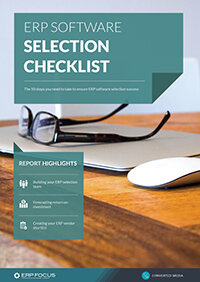
60-Step ERP Selection Checklist
Get the comprehensive checklist for your ERP selection project
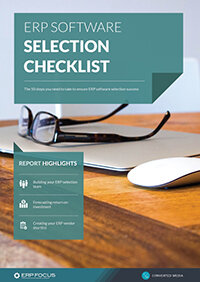
Featured white papers
Related articles
-

How to evaluate your ERP RFP responses
The dos and don'ts of evaluating ERP RFPs (including RFP evaluation matrix)
-

Secret KPI: Why Your ERP Implementation Team Matters More Than Software
Learn how Godlan ensures successful ERP implementation for manufacturers with proven strategies &...
-

How much does ERP cost? (Free ERP cost and budget guide)
How much does an ERP system cost in 2025? Everything you need to make an ERP software budget


